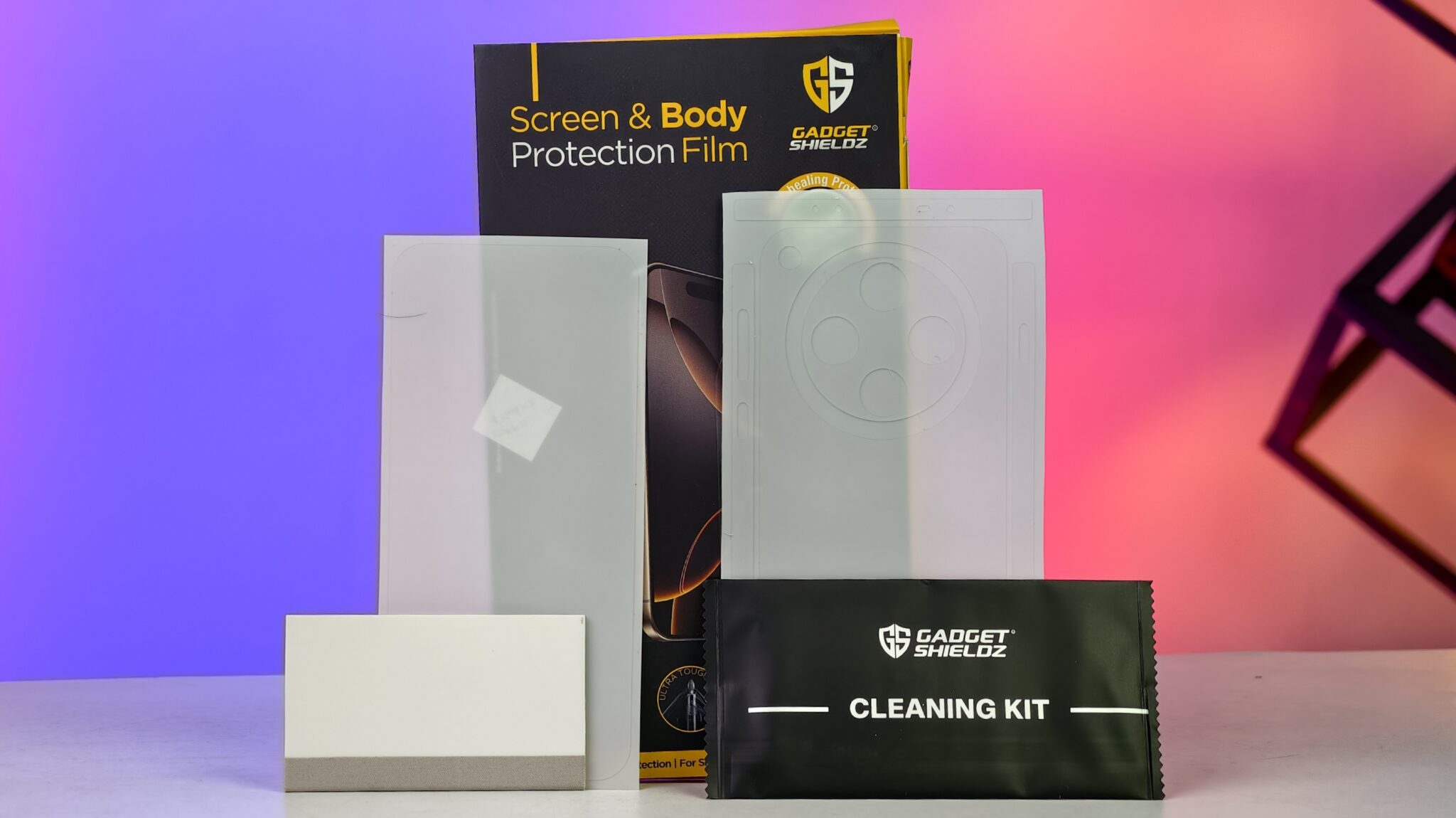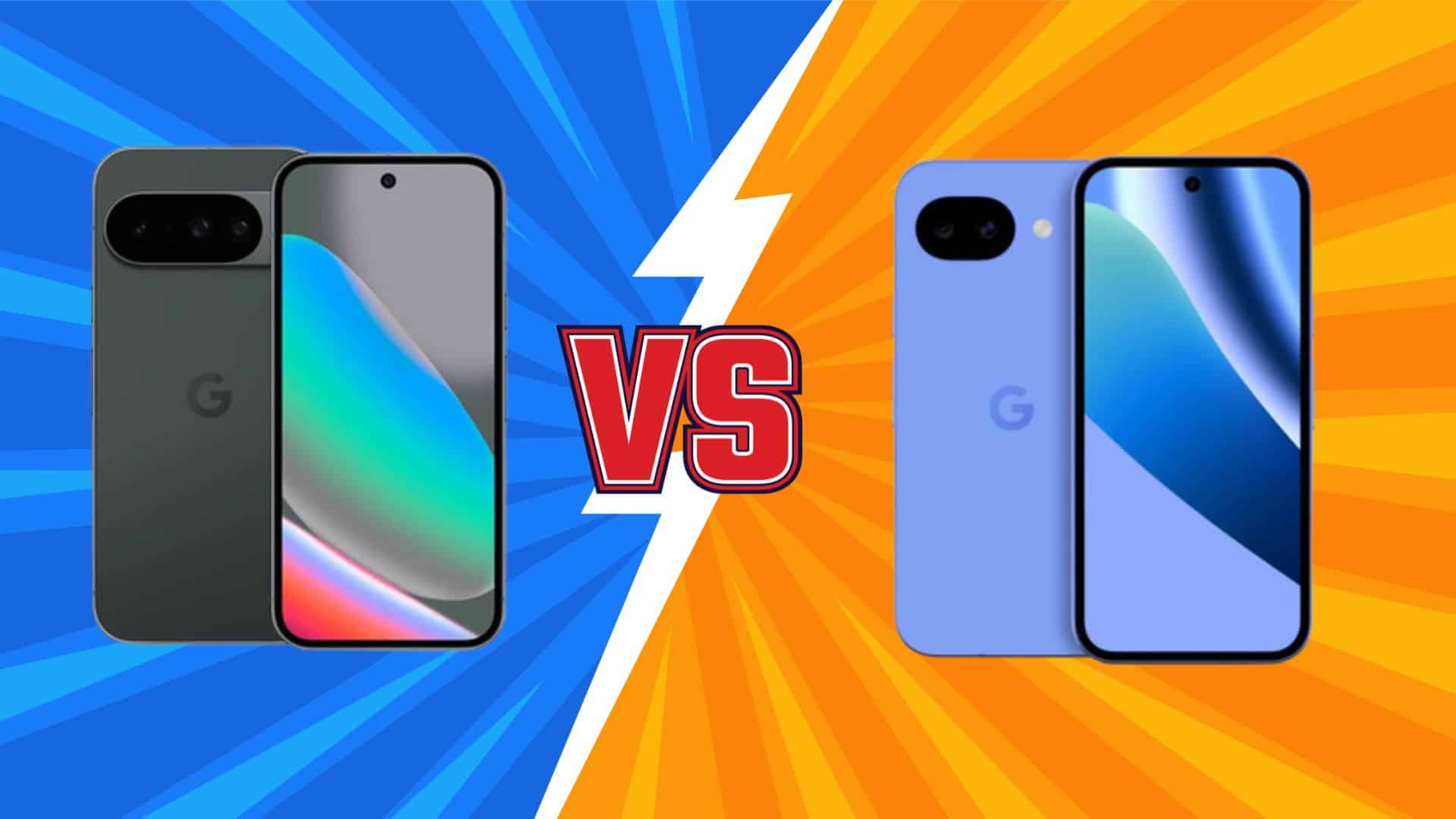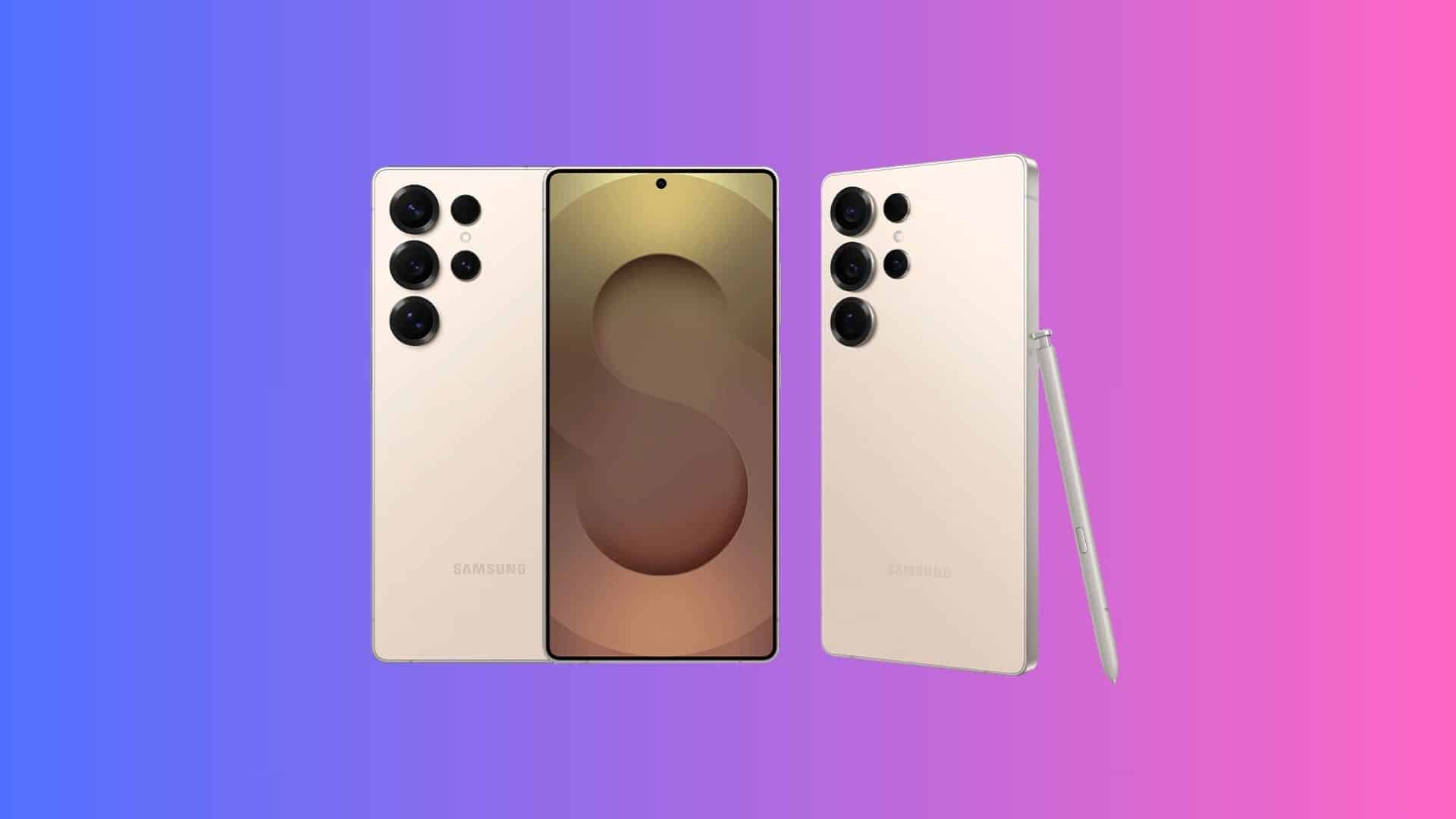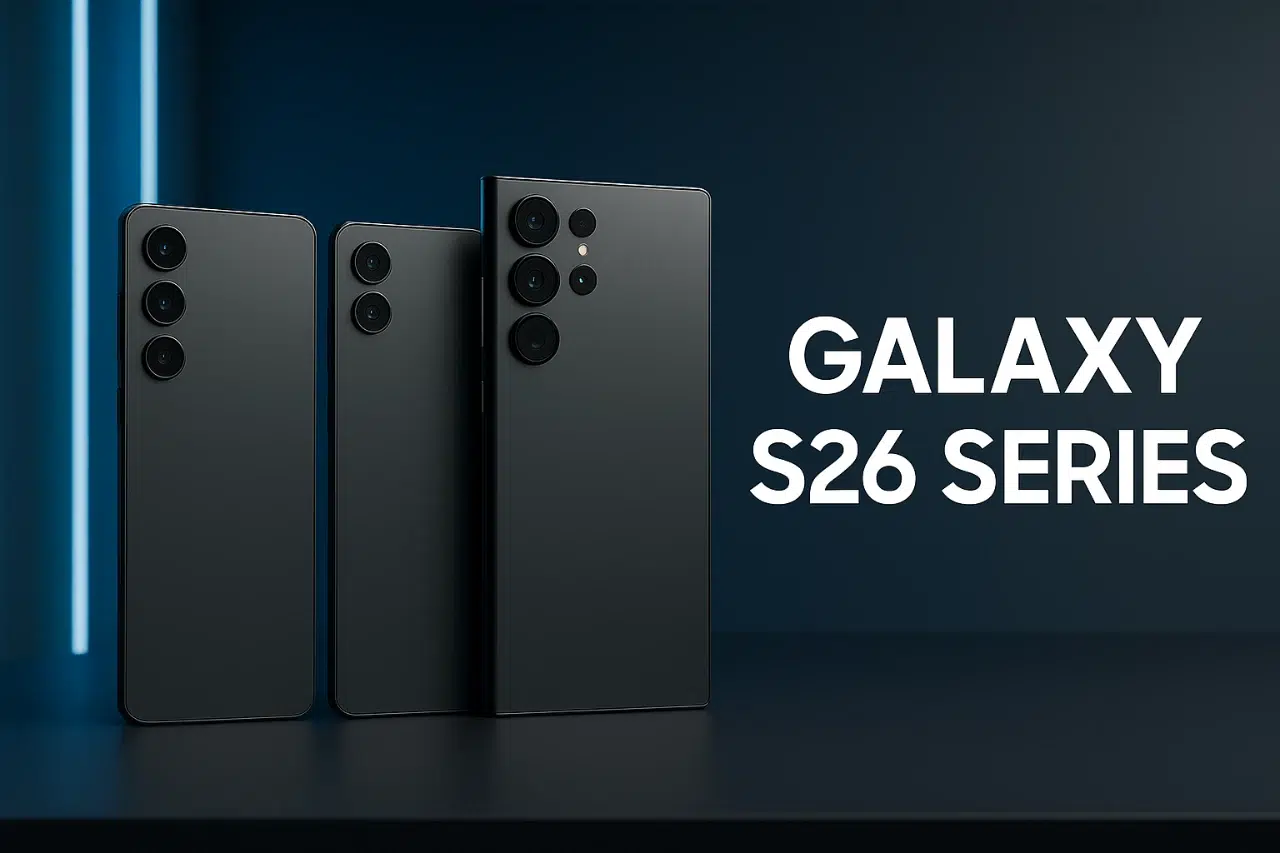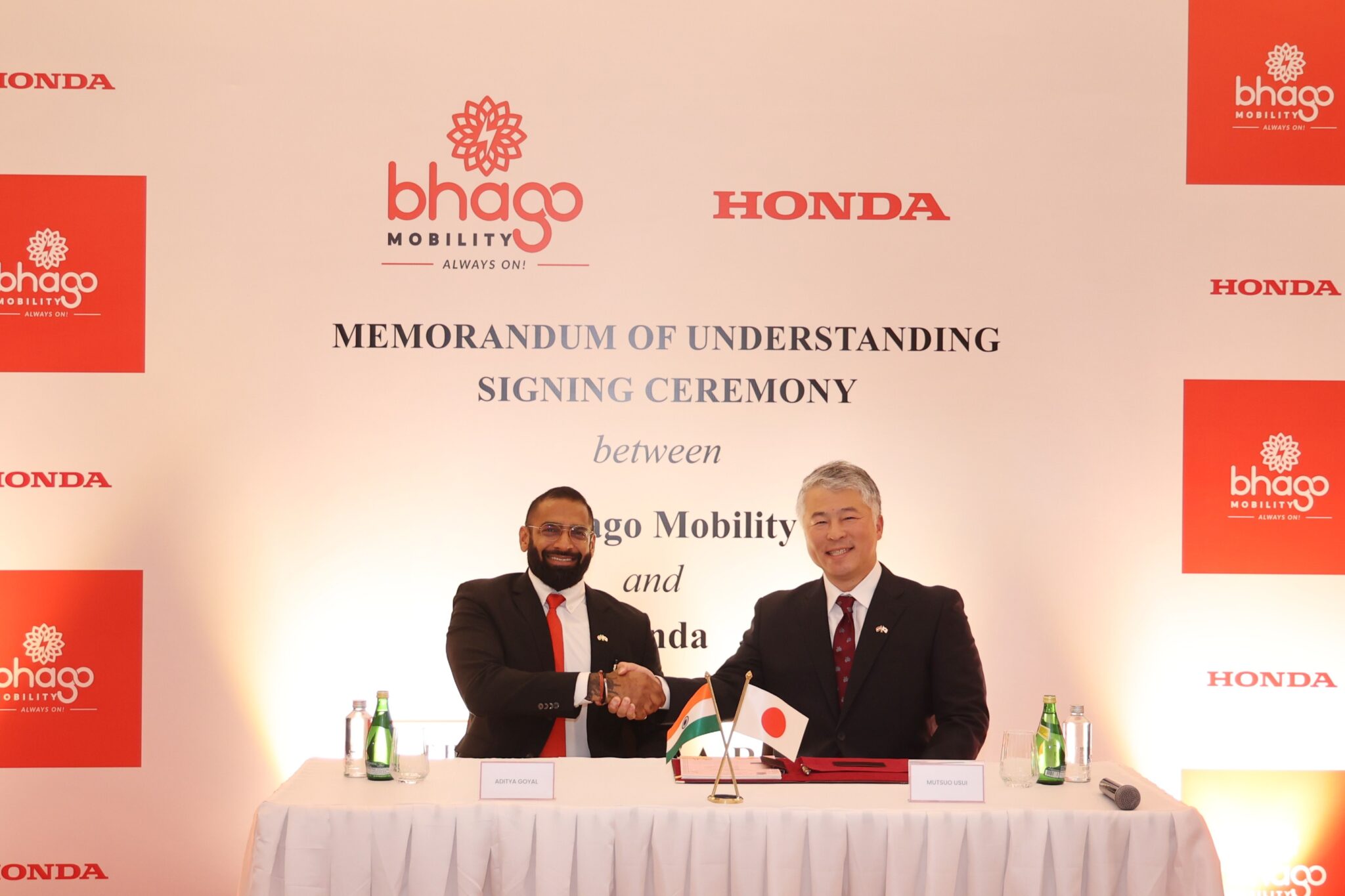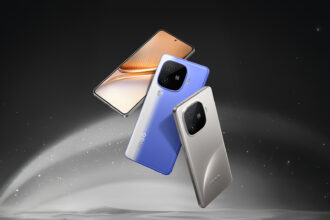So far, iQOO has been successful in demonstrating its capabilities across various price ranges. Although the company benefits from the backing of its parent company Vivo, it has carved out a unique niche for itself in the increasingly crowded Indian smartphone market. The iQOO Neo 6 was one of their well-liked models under INR 30k last year, and building on its success, the company has released the new iQOO Neo 7.
Coming with a 4nm MediaTek SoC, a larger battery, quicker charging, and a 120Hz AMOLED display are just a few of the improvements made to the iQOO Neo 7 over its predecessor. Find out in our review if the iQOO Neo 7 lives up to the standards set by its predecessor and, more importantly, if the asking price is justified.
iQOO Neo 7 Specifications
Before starting with the iQOO Neo 7 review, let’s glance at the phone’s specifications, pricing, and things we get with the device.
- Display: 6.78-inch FHD+ AMOLED, 120Hz refresh rate
- CPU: Octa-core MediaTek Dimesnity 8200 processor
- RAM: 8/12GB
- Storage: 128/256GB
- Software: Android 13, FunTouch OS 13
- Main Camera: 64MP primary sensor + 2MP macro lens + 2MP depth sensor
- Selfie Camera: 16MP
- Connectivity: USB Type-C, Wi-Fi 802.11ac, Bluetooth v5.0, GPS/ A-GPS, FM Radio, IR Blaster
- Cellular: Dual SIM
- Fingerprint Scanner: Yes, in-display
- Battery: 5,000 mAh, non-removable
- Charging: 120W fast charging
Box Contents
Here’s a complete list of items you get inside the box:
- iQOO Neo 7 smartphone
- 120W Charger
- USB Type-C charging cable
- USB Type C to 3.5mm audio jack
- Sim Ejector Tool
- Documentation
Design & Display
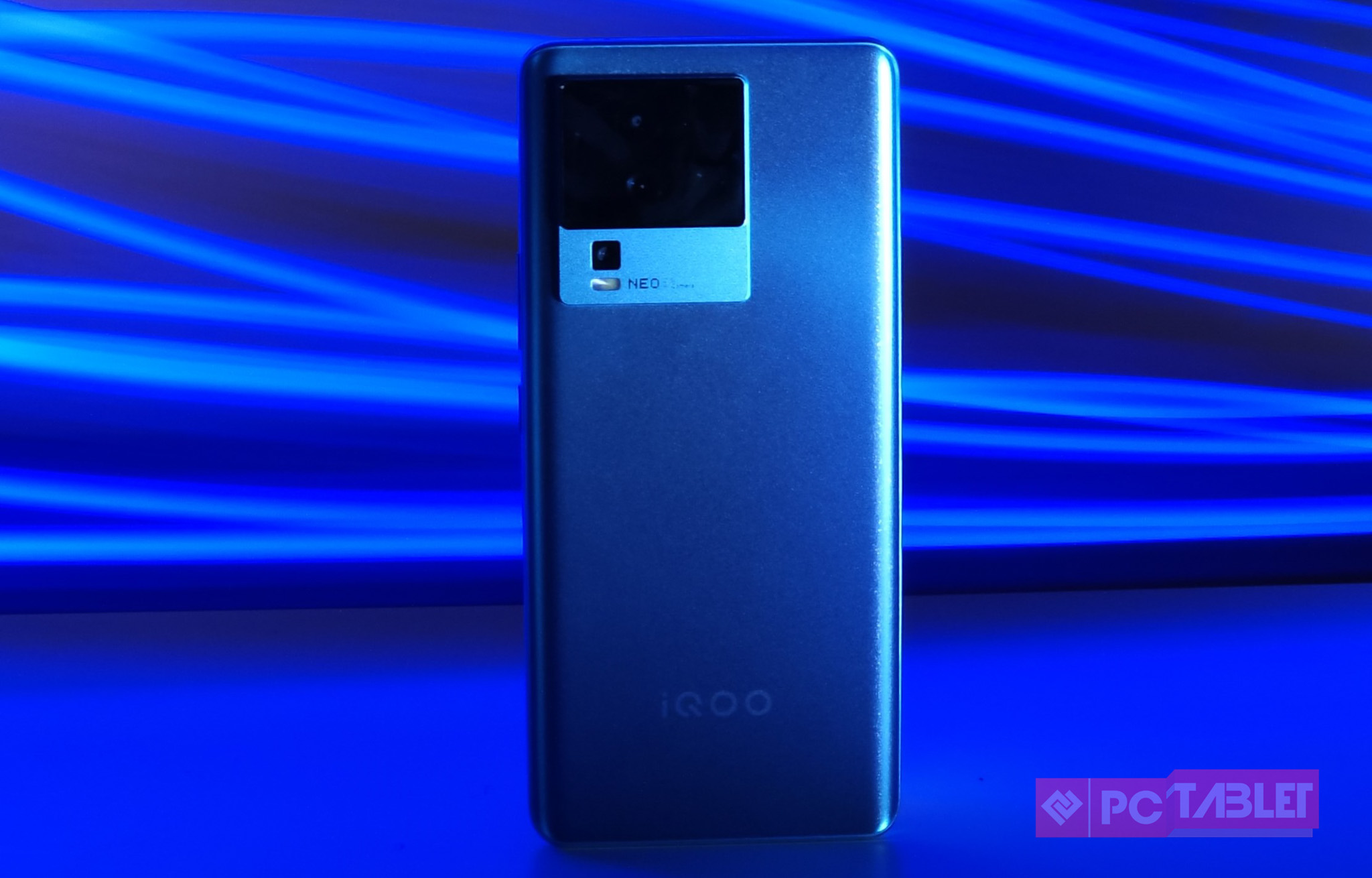 Despite the fact that smartphone manufacturers have chosen to change their aesthetics this season, the Neo 7 builds on the same design philosophy as the iQOO Neo 6 with a few minor adjustments here and there. Despite having a plastic body, the phone does not feel cheap in the hand. The Frost Blue color we have has a matte finish on the back that deters fingerprints and smudges.
Despite the fact that smartphone manufacturers have chosen to change their aesthetics this season, the Neo 7 builds on the same design philosophy as the iQOO Neo 6 with a few minor adjustments here and there. Despite having a plastic body, the phone does not feel cheap in the hand. The Frost Blue color we have has a matte finish on the back that deters fingerprints and smudges.
The device has a curved back panel that aids in ergonomics and makes it simple to use with one hand without experiencing much discomfort. Also, the 193 grams of the phone’s weight is distributed evenly. There is a sizable rear camera island that the company likes to refer to as “Retro Futurism,” which is motivated by old Polaroid photographs. The phone has three lenses within this camera island, with the tertiary lens positioned below the flash.
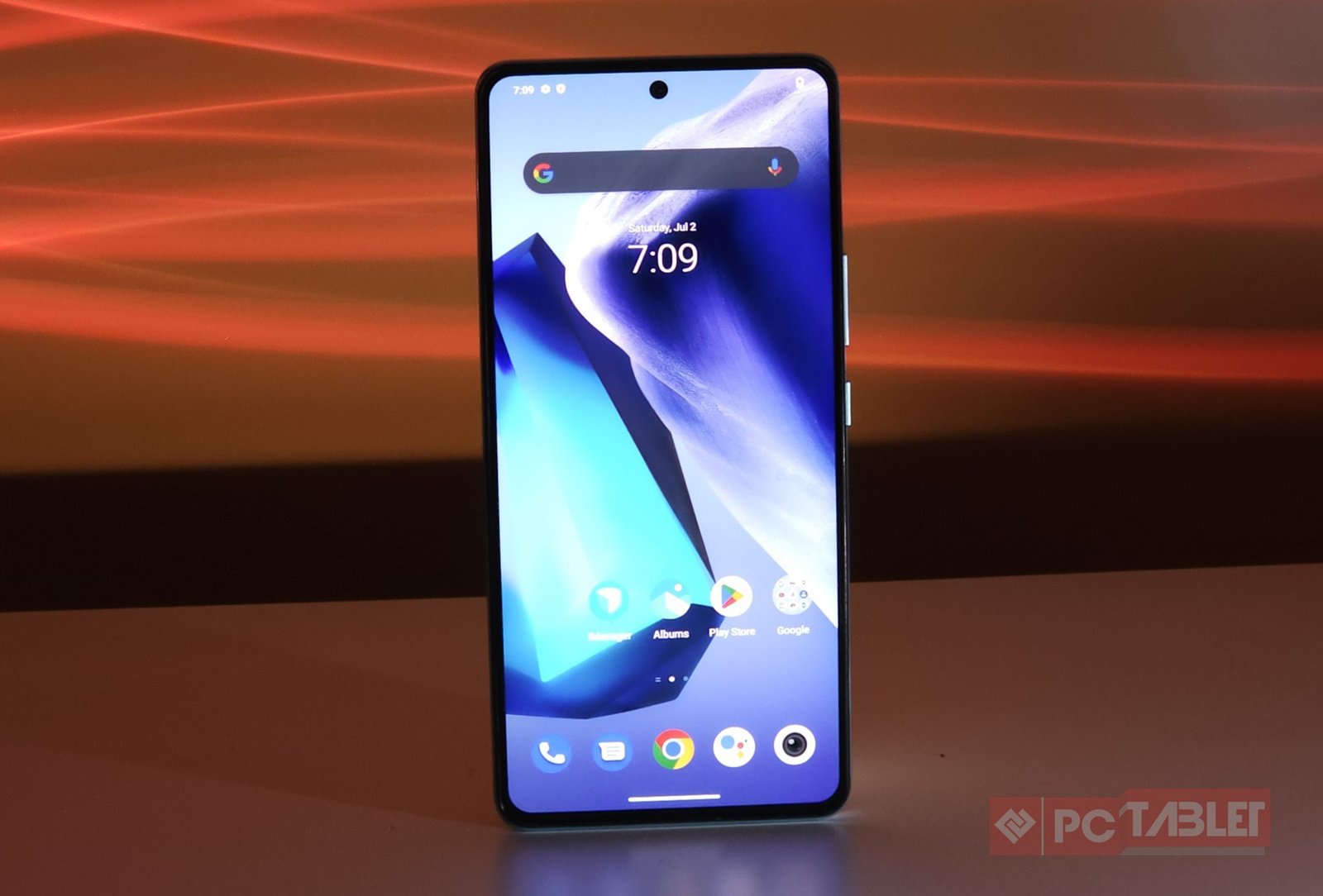
In terms of button placement, the power button and volume rocker are on the right side, while the left side is empty. A secondary microphone and an IR blaster are located on the top. On the bottom, there is a SIM tray, a main microphone, a USB Type-C port, and a speaker grille.
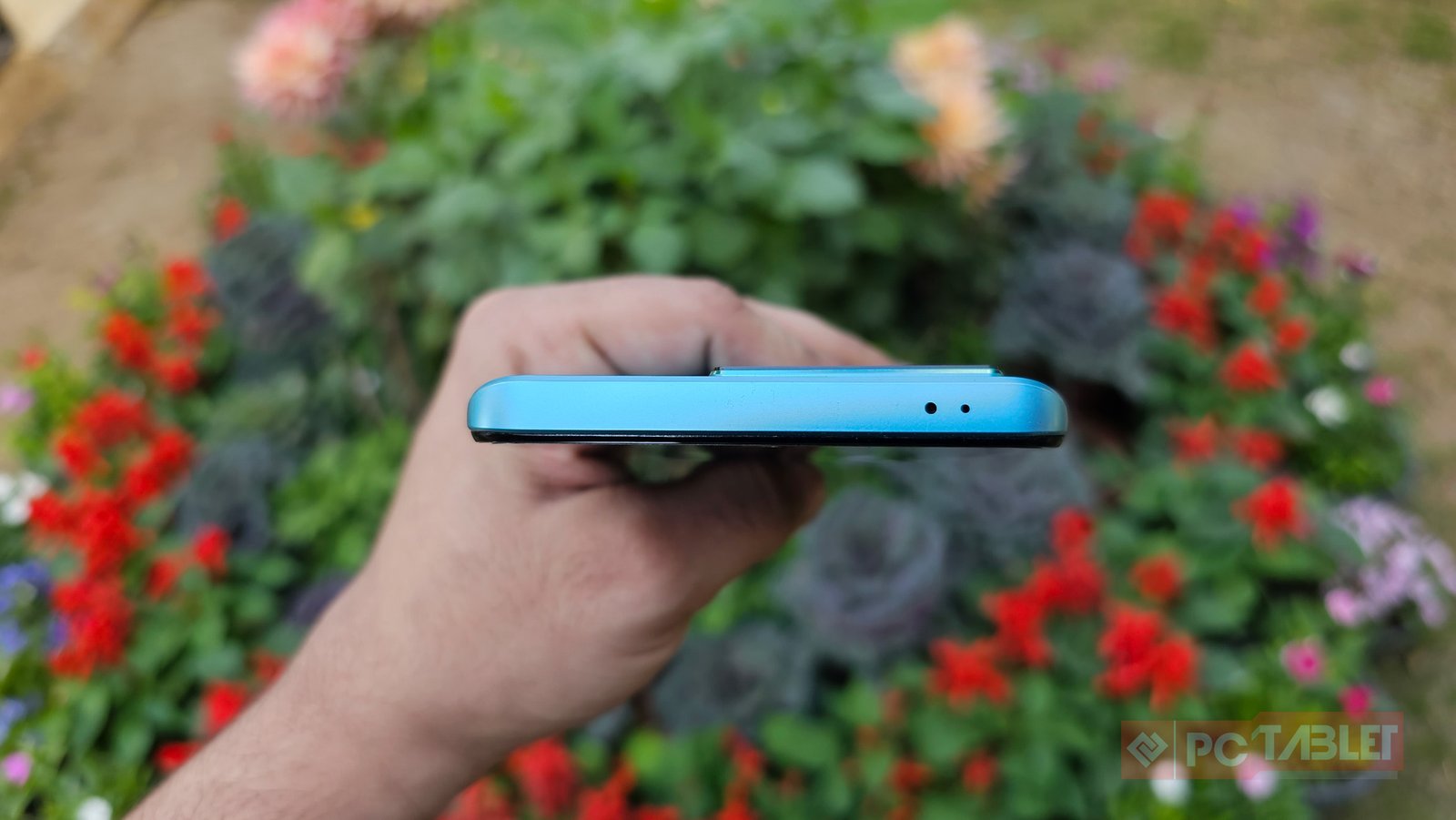
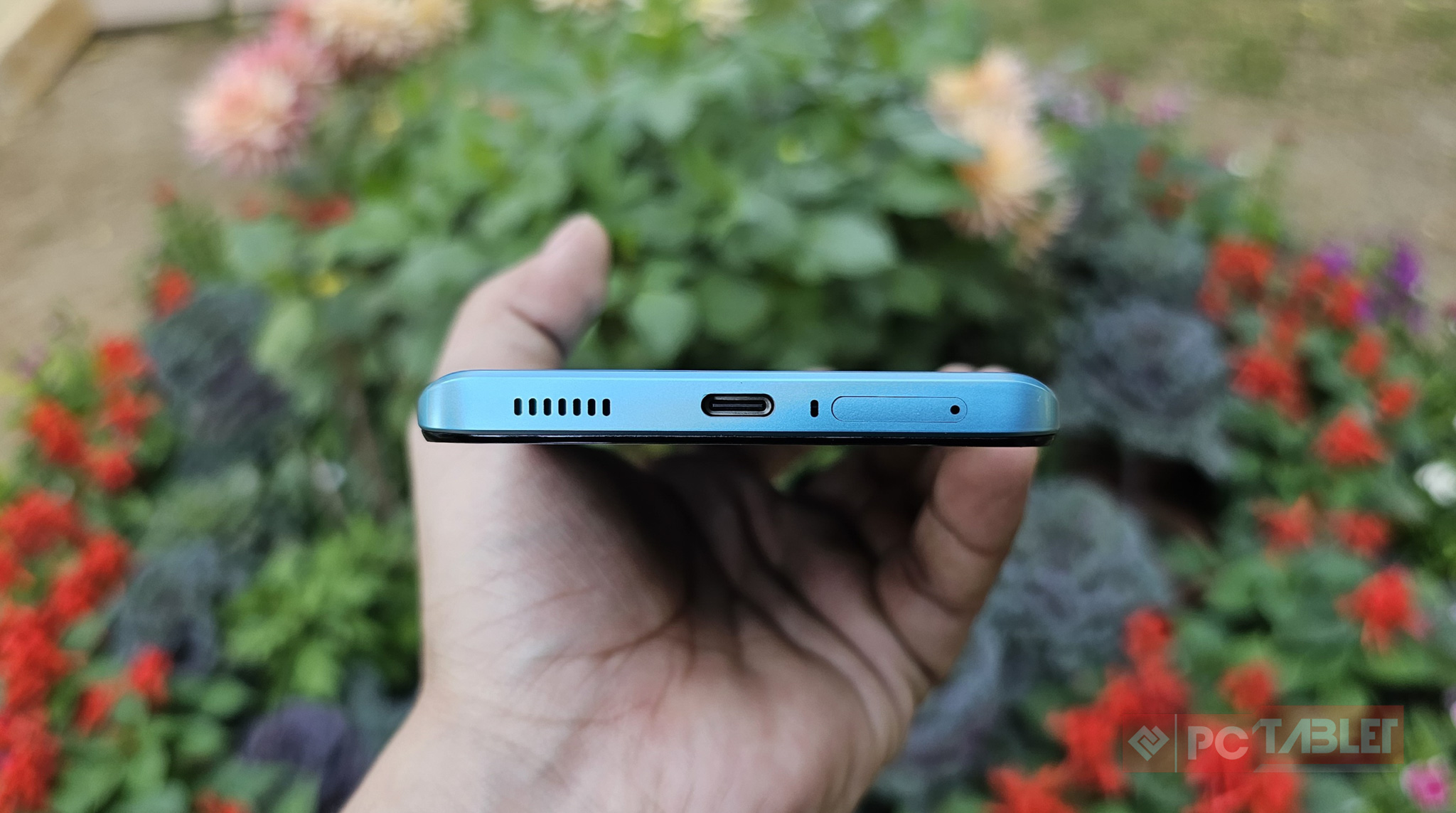
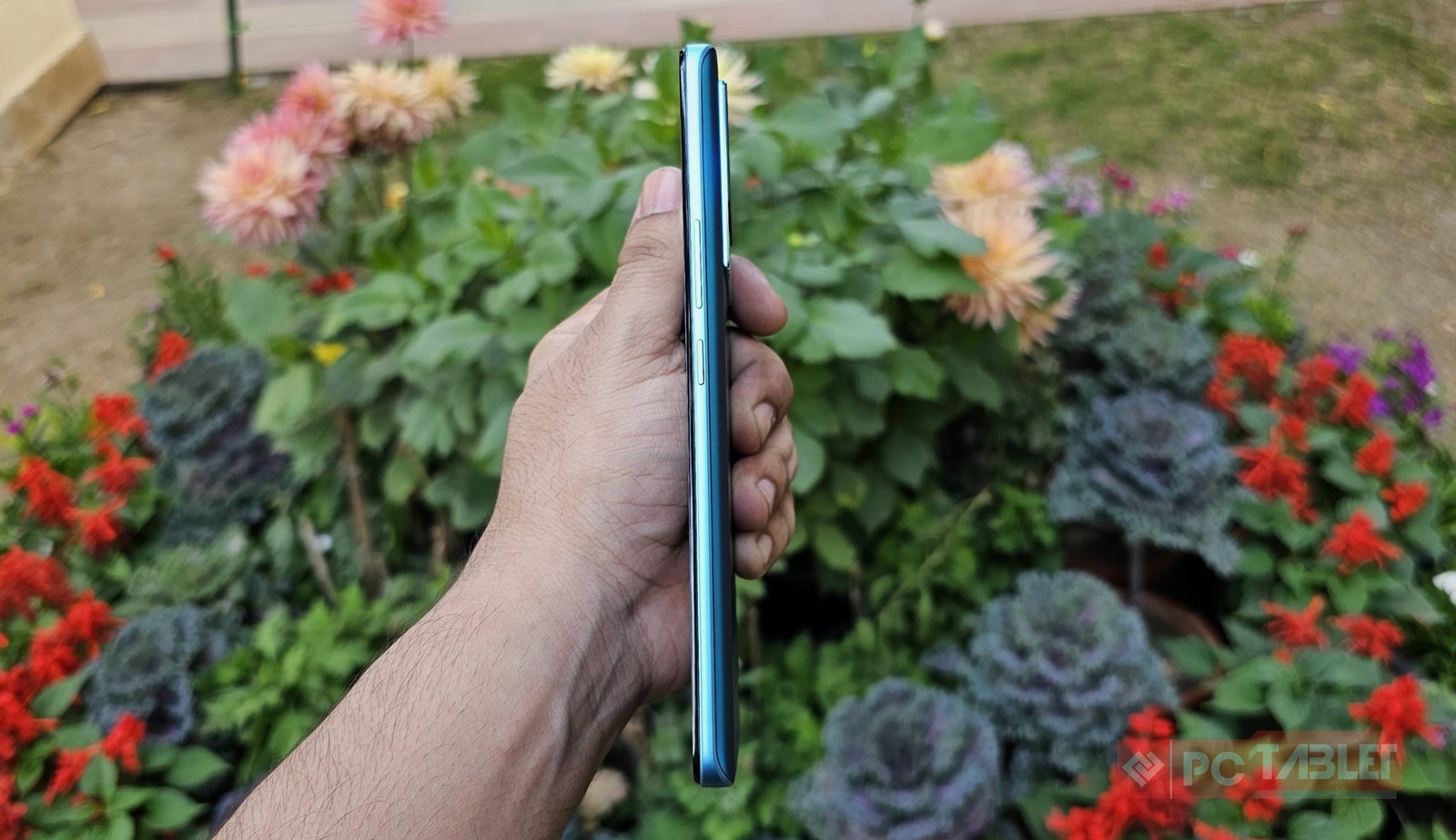
The front of the iQOO Neo 7 5G features a flat, 6.78-inch AMOLED panel with a 120Hz refresh rate. The display is taller than the Neo 6 and has thinner bezels. It also has an instant touch sampling rate of 1200Hz. You get WideVine L1 support, which is compatible with Netflix, even though the panel supports HDR10 but is not Dolby Vision certified. Along with a pair of strong stereo speakers, the display produces vivid colors and deep blacks, elevating your multimedia experience. When using the iQoo Neo 7 5G outside in direct sunlight, we encountered no problems. The peak brightness on the display is 1300 nits, but only when HDR content is being watched.
Software and Performance
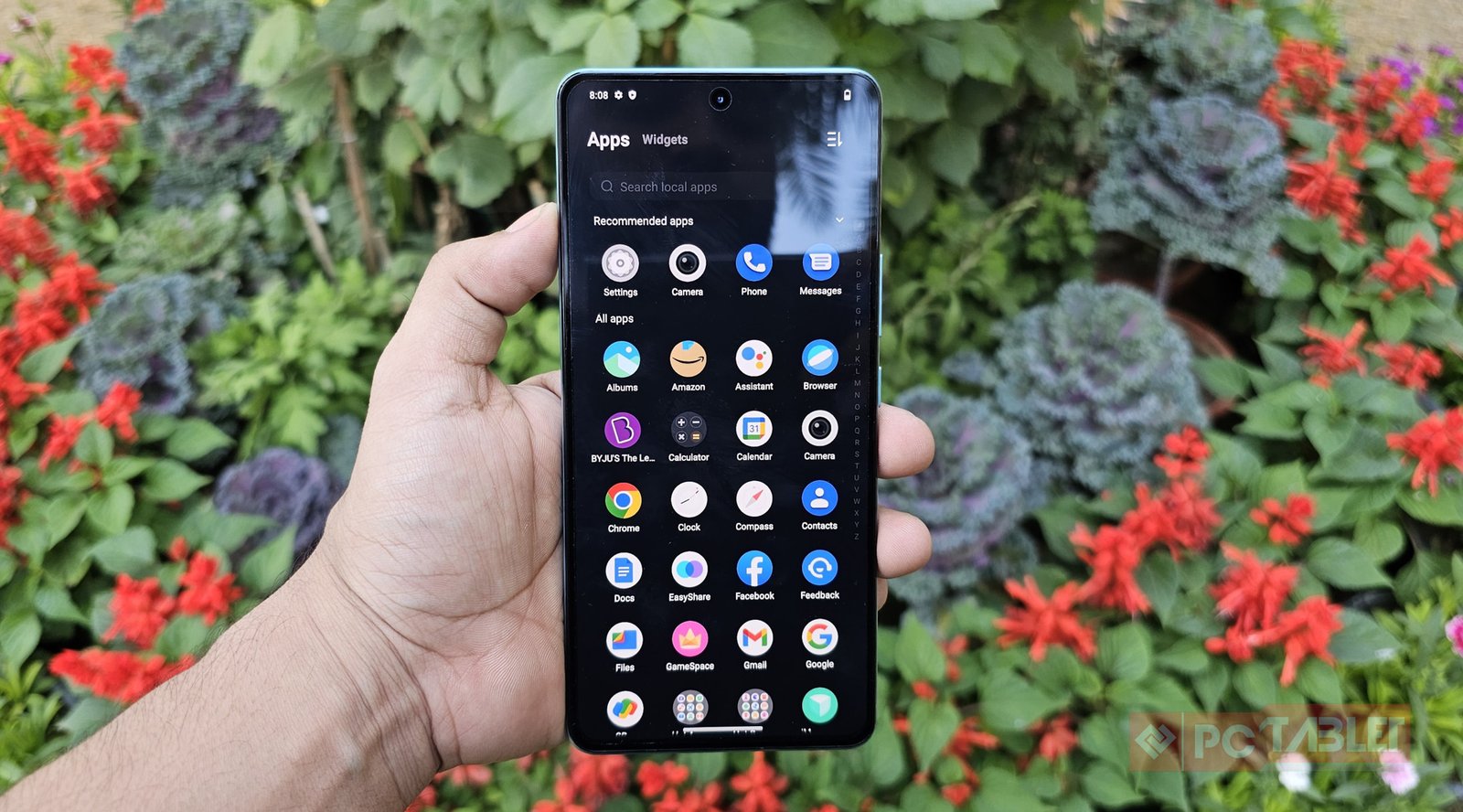 The iQoo Neo 7 5G runs the most recent build of the Funtouch OS 13 operating system out of the box, which is based on Android 13. The company promises two major Android updates and three years of security patches, which is always a good sign. We had a few issues with the FunTouch OS, which functions flawlessly on the device. Despite this, the OS does include a few third-party applications, including Spotify, Byju’s, and Snapchat. that you are able to remove.
The iQoo Neo 7 5G runs the most recent build of the Funtouch OS 13 operating system out of the box, which is based on Android 13. The company promises two major Android updates and three years of security patches, which is always a good sign. We had a few issues with the FunTouch OS, which functions flawlessly on the device. Despite this, the OS does include a few third-party applications, including Spotify, Byju’s, and Snapchat. that you are able to remove.
Numerous personalization and customization options are available with Funtouch OS 13. Users can alter wallpapers, icons, and other UI components. The new FunTouch OS build supports Android’s Material You theme engine, allowing the icons and other components to match the colors of the wallpaper.
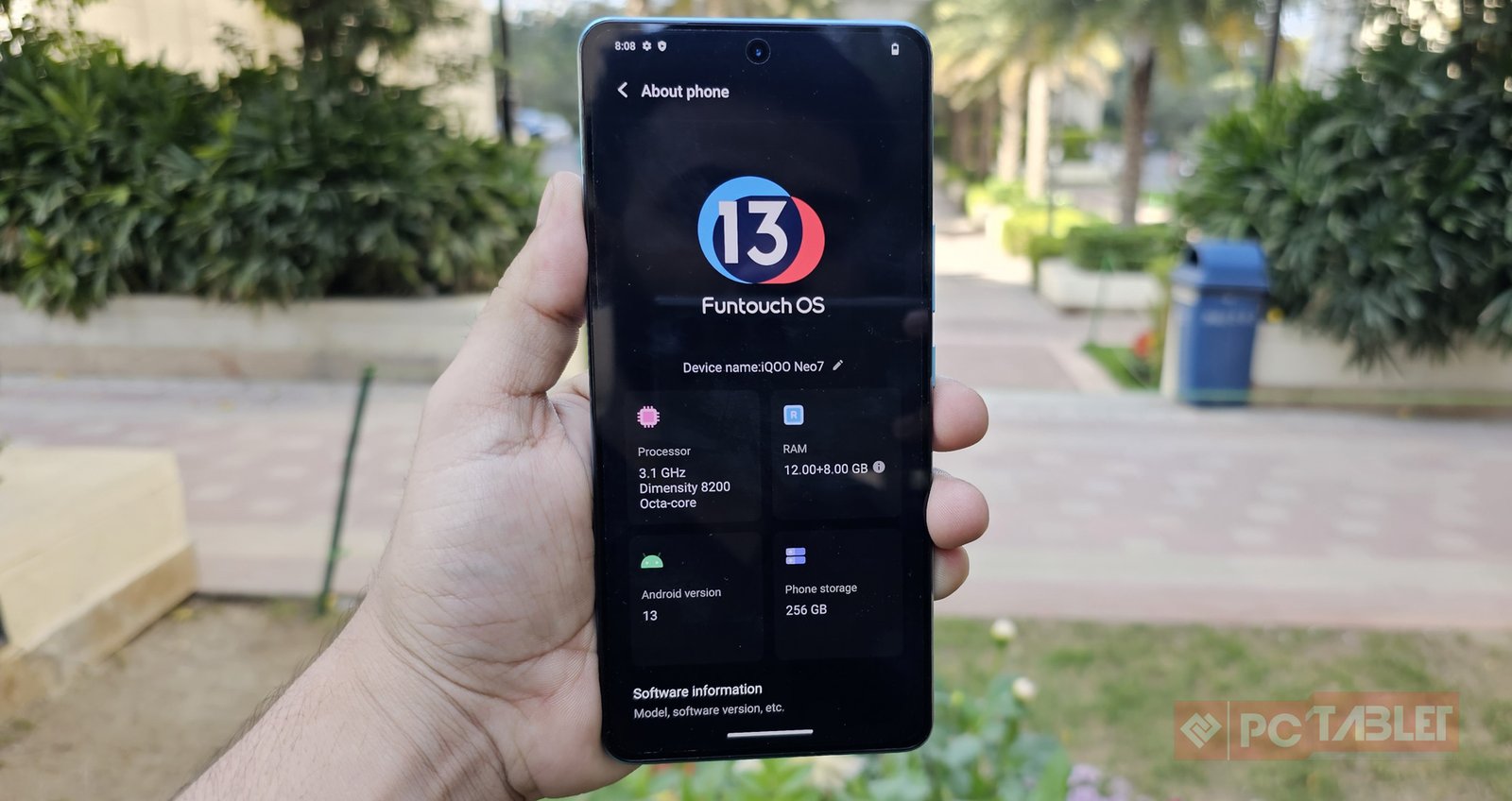 Since the iQOO Neo 7 is a smartphone that is primarily focused on gaming, there are many features related to that, such as the “Ultra Game Mode,” which unlocks a plethora of options like Esports Mode, Eagle eye enhancement, 4D Game Vibration, Frame-rate priority, and more. The iQOO Neo 7 is a pleasure to play games on; more about this is discussed in the performance section.
Since the iQOO Neo 7 is a smartphone that is primarily focused on gaming, there are many features related to that, such as the “Ultra Game Mode,” which unlocks a plethora of options like Esports Mode, Eagle eye enhancement, 4D Game Vibration, Frame-rate priority, and more. The iQOO Neo 7 is a pleasure to play games on; more about this is discussed in the performance section.
With up to 12GB of LPDDR5 RAM and 256GB of UFS3.1 storage, the MediaTek Dimensity 8200 SoC powers the iQOO Neo 7. The chipset is making its debut in the Indian market, and like the Dimensity 8100, it appears to have potential in the segment of devices priced under INR 30,000. Almost anything you throw at the chipset it easily handles. Call of Duty: Mobile, Asphalt 9, and Genshin Impact were some of the games we played on the iQOO Neo 7 5G. Most of the time, Apex Legends Mobile ran smoothly at 60 frames per second. With an average framerate of 57fps and “Low” graphics, Call of Duty: Mobile ran smoothly. But because Genshin Impact is such a demanding game, the Neo 7 found it somewhat difficult to play.
Benchmark-wise, the iQoo Neo 7 5G scored 8,58,259 points in AnTuTu, outperforming competitors in the under INR 30k category. The iQOO Neo 7 5G scored 994 and 3,875 points in the single-core and multi-core tests on Geekbench, respectively. Overall, using the Neo 7 has been a smooth experience, but while using Google Maps in picture-in-picture mode and Chrome in the background, we did encounter a bug. Due to this, Google Maps began acting strangely, showing a background that was entirely white, and ceasing to function entirely. In addition, the device is a breeze to use for scrolling through social media apps like Twitter and Instagram.
Camera and Battery
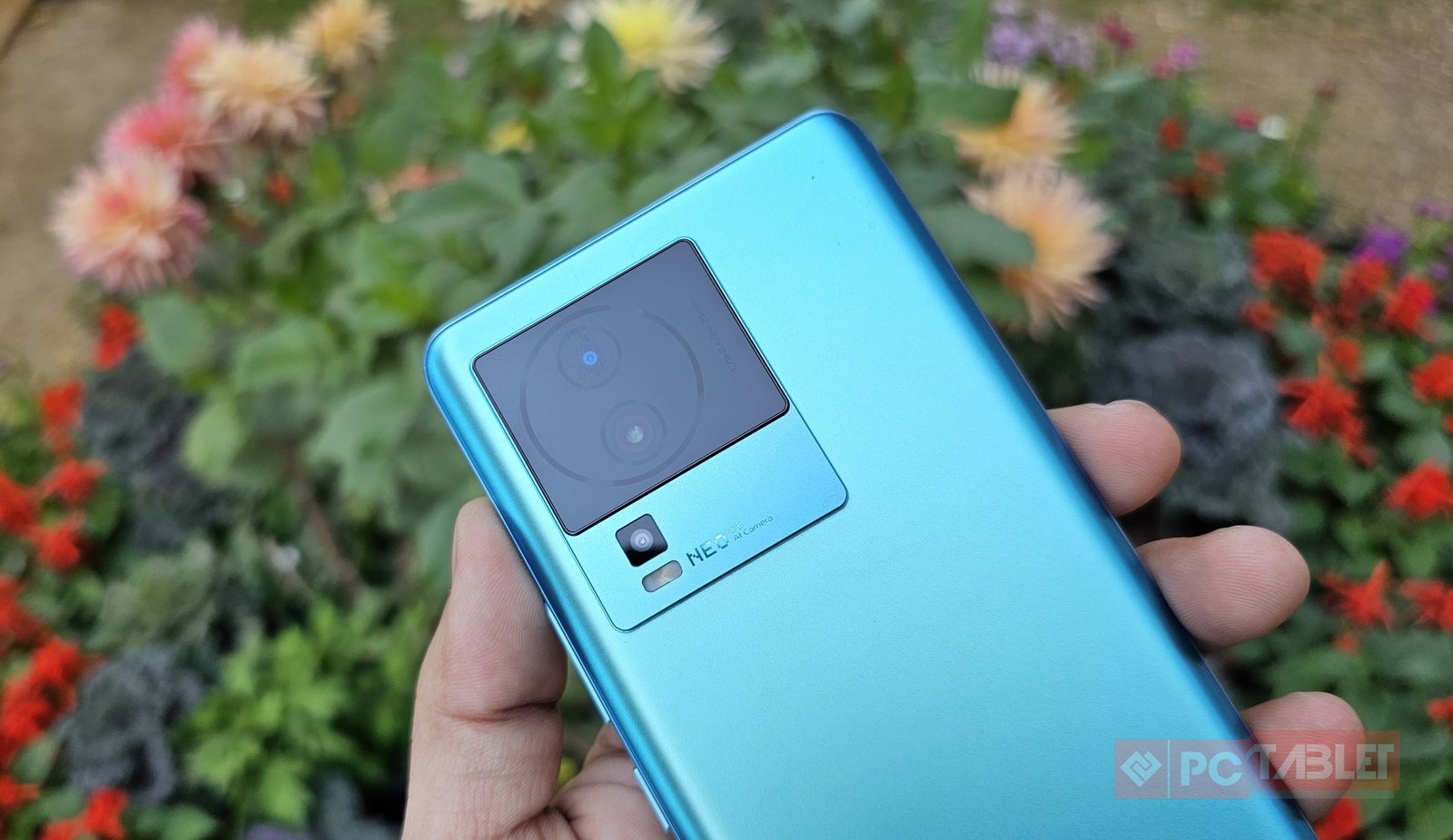 The iQOO Neo 7 has a triple camera setup on the back that includes a 64MP primary sensor, a 2MP depth camera, and a 2MP macro camera. The device clearly lacks an ultra-wide angle lens, downgrading from the Neo 6’s 8 MP ultra-wide camera. The 16MP front camera, which handles selfies, uses the same sensor as the Neo 6 and has the same resolution.
The iQOO Neo 7 has a triple camera setup on the back that includes a 64MP primary sensor, a 2MP depth camera, and a 2MP macro camera. The device clearly lacks an ultra-wide angle lens, downgrading from the Neo 6’s 8 MP ultra-wide camera. The 16MP front camera, which handles selfies, uses the same sensor as the Neo 6 and has the same resolution.
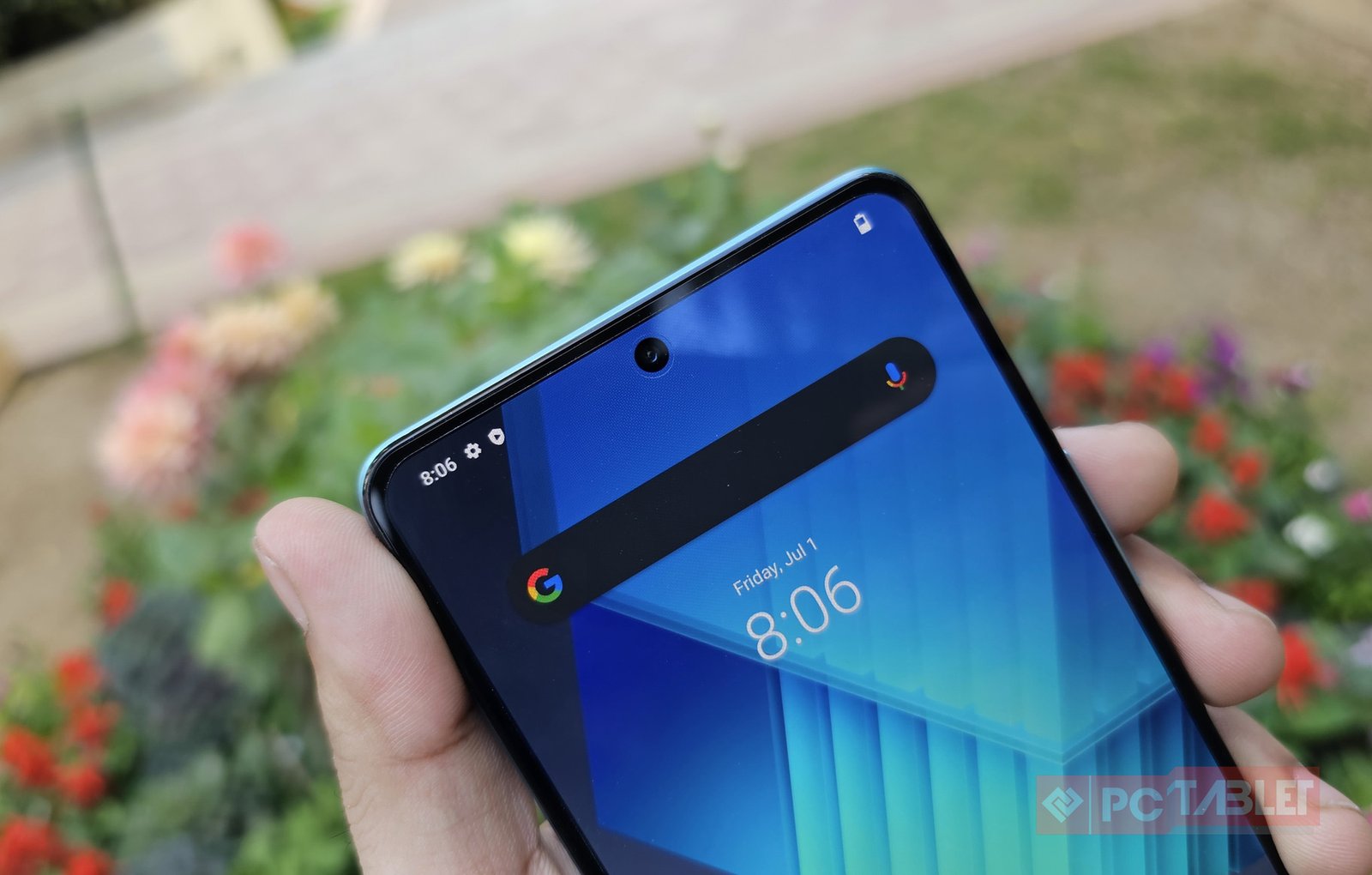
In terms of camera performance, the main sensor is capable of taking clear, detailed pictures. It successfully extracts a respectable amount of detail from the shadows. This algorithm feels very similar to the one on Neo 6. If you turn on the HDR toggle, the phone does well with dynamic range, which is also well-balanced. The same can be said for night photography, where the phone does a fantastic job of capturing sharp images.
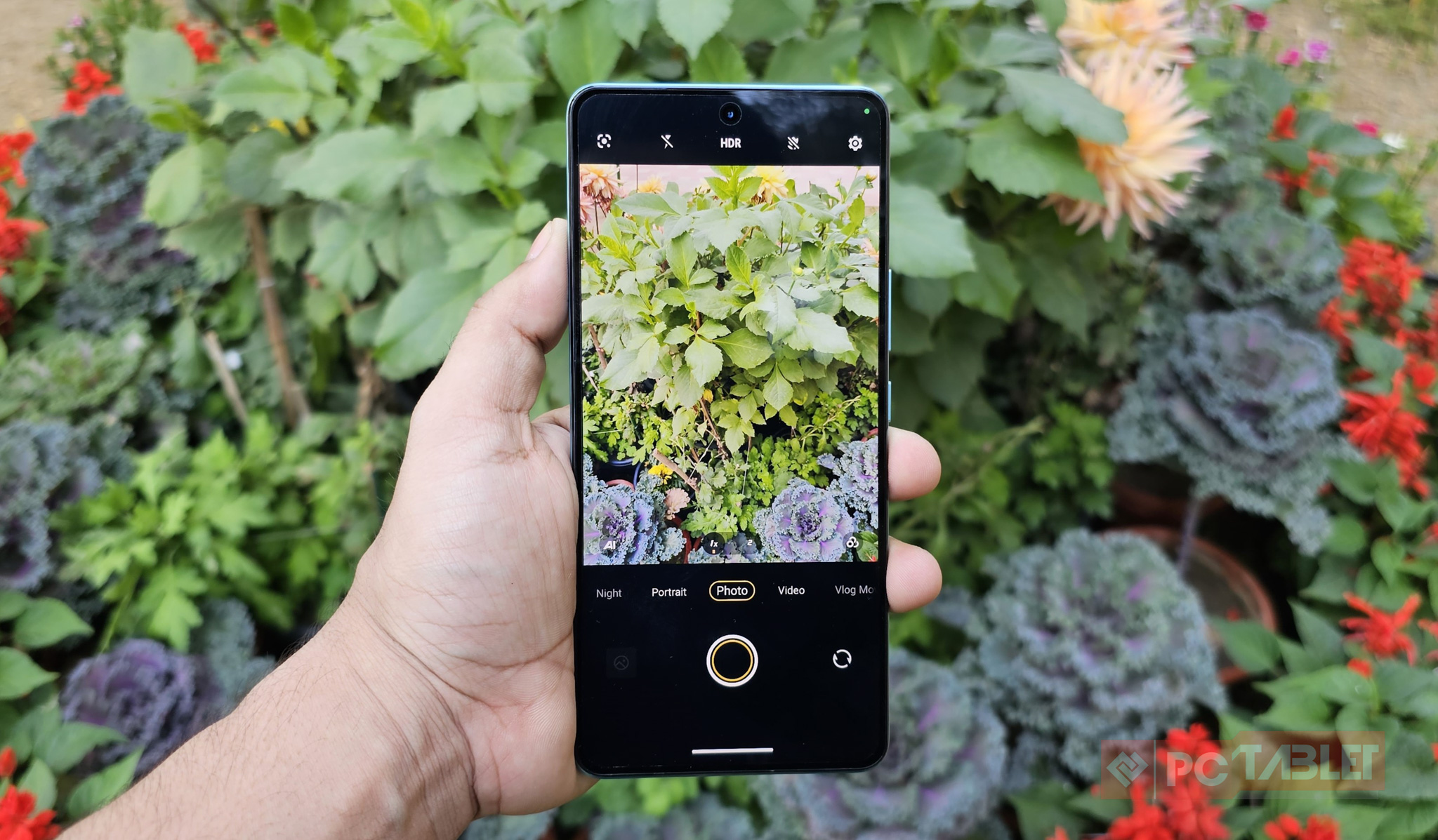 The phone’s additional two 2MP sensors are not very useful. In both the common ‘Photo’ and ‘Portrait’ modes, the front camera provided good detail and dynamic range in daylight selfies. It is advised to turn off the beauty filter since it is activated by default in the camera app and softens selfies.
The phone’s additional two 2MP sensors are not very useful. In both the common ‘Photo’ and ‘Portrait’ modes, the front camera provided good detail and dynamic range in daylight selfies. It is advised to turn off the beauty filter since it is activated by default in the camera app and softens selfies.
The iQOO Neo 7 can record videos in 1080p and 4K at 60 frames per second. Our test videos had vibrant colors and fine details. OIS provided good stabilization for the video, even though OIS wasn’t supported for 4K 60fps videos. The front camera has helpful modes like a new Vlog mode with a few templates to help users record videos using the front or rear camera, but it only supports 1080p 30fps video recording. Users can record a vlog by combining several brief clips.
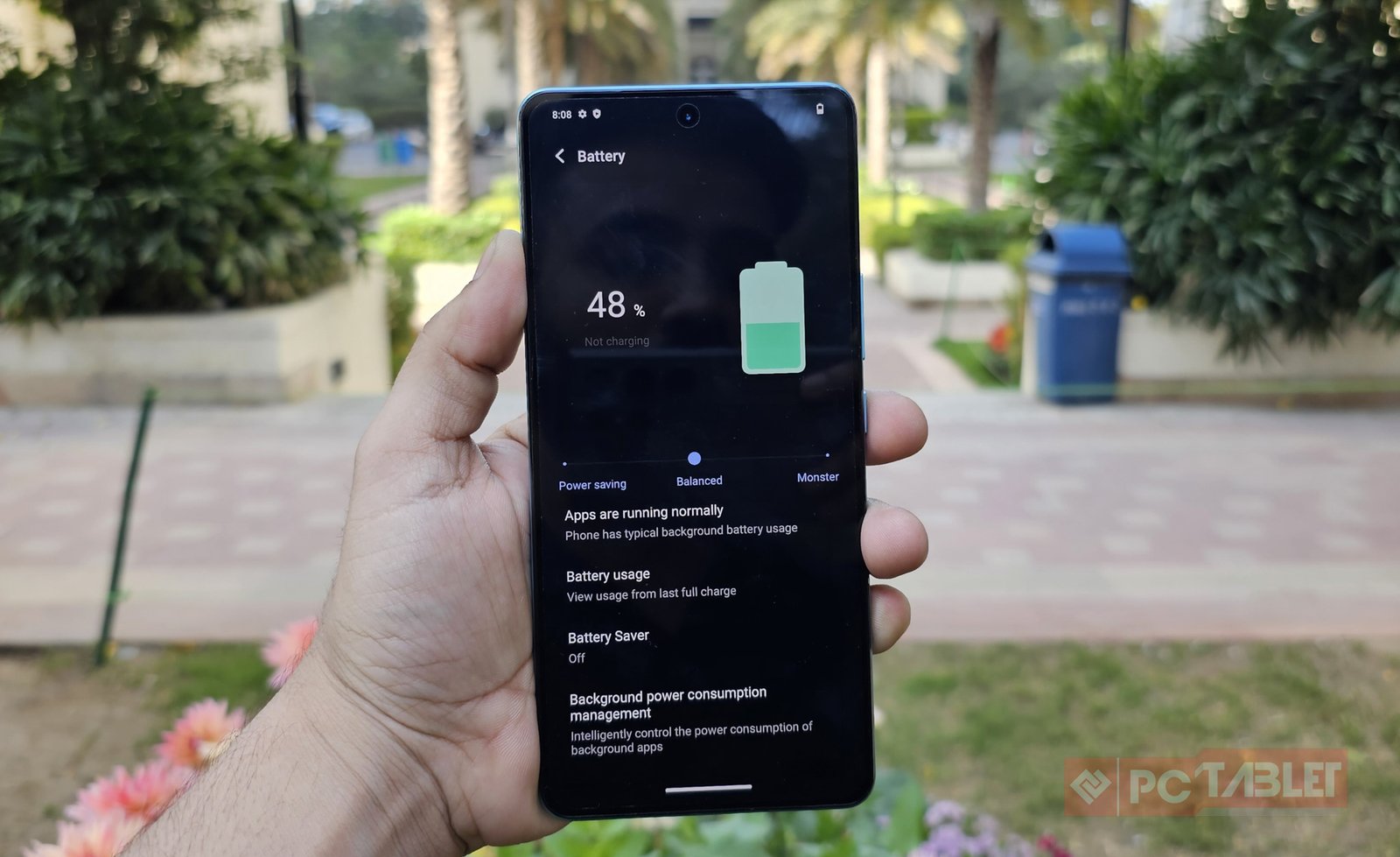 A 5,000mAh battery inside the iQOO Neo 7 gave us more than a day’s worth of use without any problems. Throughout our extended review period, we were able to consistently get 6.5 hours of screen time. Overall, the battery backup is quite good, easily powering the phone through a full day. You are only likely to experience poor battery life when you repeatedly push the phone past its capacity. A fast-charging brick is included in the retail package and the phone supports 120W charging. The Neo 7 joins a select group of budget phones with this incredible fast charging technology and because of it, the battery can be completely topped up in just 25 minutes.
A 5,000mAh battery inside the iQOO Neo 7 gave us more than a day’s worth of use without any problems. Throughout our extended review period, we were able to consistently get 6.5 hours of screen time. Overall, the battery backup is quite good, easily powering the phone through a full day. You are only likely to experience poor battery life when you repeatedly push the phone past its capacity. A fast-charging brick is included in the retail package and the phone supports 120W charging. The Neo 7 joins a select group of budget phones with this incredible fast charging technology and because of it, the battery can be completely topped up in just 25 minutes.
Verdict
The iQoo Neo 7 5G does a lot of things correctly. Outstanding battery life and quick charging go hand in hand with best-in-class performance. This phone is excellent for watching multimedia content due to its large display and strong speakers. Despite improvements, there is still some room for growth in the software.
That said, not everything is rosy on the iQOO Neo 7 and it particularly struggles in the camera department. Although the main sensor is capable, the absence of an ultra-wide angle camera is disappointing. The Redmi Note 12 Pro or the Google Pixel 6a will prove to be much better options if photography is your main priority. The iQOO Neo 7 is a great option for everything else.













